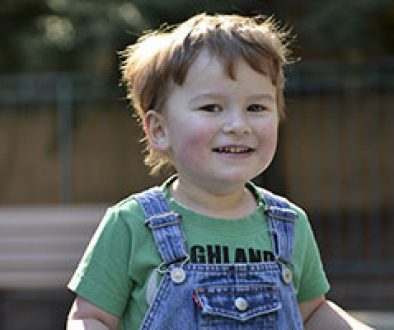Ongoing Autism Research Gives Hope

If you browse the internet about what is autism and what are the symptoms that can help detect it, you’ll discover so much autism research that is being done. Research on how it all started, how it is passed on from generation to generation, how to detect it, and how to treat it; all these research just to be able to help people in understanding the true meaning of autism and to understand the people that go through this disorder.
Having autism is not easy, but taking care of someone who has autism, well that’s another story to tell.
From one generation to the next
Autism research shows that autism is not an infection that one acquires through germs and bacteria. Autism is passed on from generation to generation by the use of genetics. A specific and rare type of mutation from the genes of either one of the parents can alter the lives of the child forever. This is how autism can be transferred.
Although this is the known reason why autism is passed on, there are also some theories and hypotheses that are presented by recent studies. A recent study says that there is a specific virus attacking the neurology of the child after birth. This virus is found in either or both of the parents. This is why some researchers and organizations are finding a way to make a vaccine that can help stop the transfer of the virus. Although there is still no scientific proof or evidence that these vaccines work, this still means that there is new hope for the future generation.
Detect it now or forever hold your peace
It is said that prevention is better than cure. However, after knowing that there is still no cure to completely eradicate autism nor is there a way to stop it from spreading, people have no choice but to find better ways of how to manage it and treat it. Therefore, in order to treat the disorder, the best way is to first detect it. Early detection of this disorder gives a greater chance of success for physicians to give the child a normal life. Treating this disorder can be done by physical therapy, speech therapy and by taking prescribed medications to manage certain symptoms.
Nevertheless, how can a parent know if their child has the disorder? Autism research shows that there are some red flags to watch out for during the early stages of human life.
• Most autistic kids have problems with interaction and communication. That is why if a parent notices that the child is somehow distant or detached from other people, it is best to consult a professional or to seek professional help.
• Another red flag when it comes to autism is that if the child seems to have repetitive behavior. Kids do things repeatedly, but if the child’s movement is somehow restricted or restrained and there is repetition at a high extent, this may be a sign that the child has autism.
• One more symptom of autism to look out for is that if the child does not respond to name calling or if the child is fascinated by just one toy. This means that the attention of the child is solely focused on one object that the child disregards other motions or other things.
Autism research is a growing genre because many people want to help these children to have a normal life. This can only be attained if they find a cure for autism. As long as there are people who are still researching on autism, there is still hope for a brighter future. With sophisticated technology on their side, who knows but the solutions may not be too far anymore.
There is a growing body of evidence showing links between vaccines and autism. In addition, there is systematic suppression in the United States on the truth about these links. Drug companies and the federal government have colluded to deny parents of vaccine-damaged children their day in court by creating a kangaroo “vaccine court” that offers no due process whatsoever.


